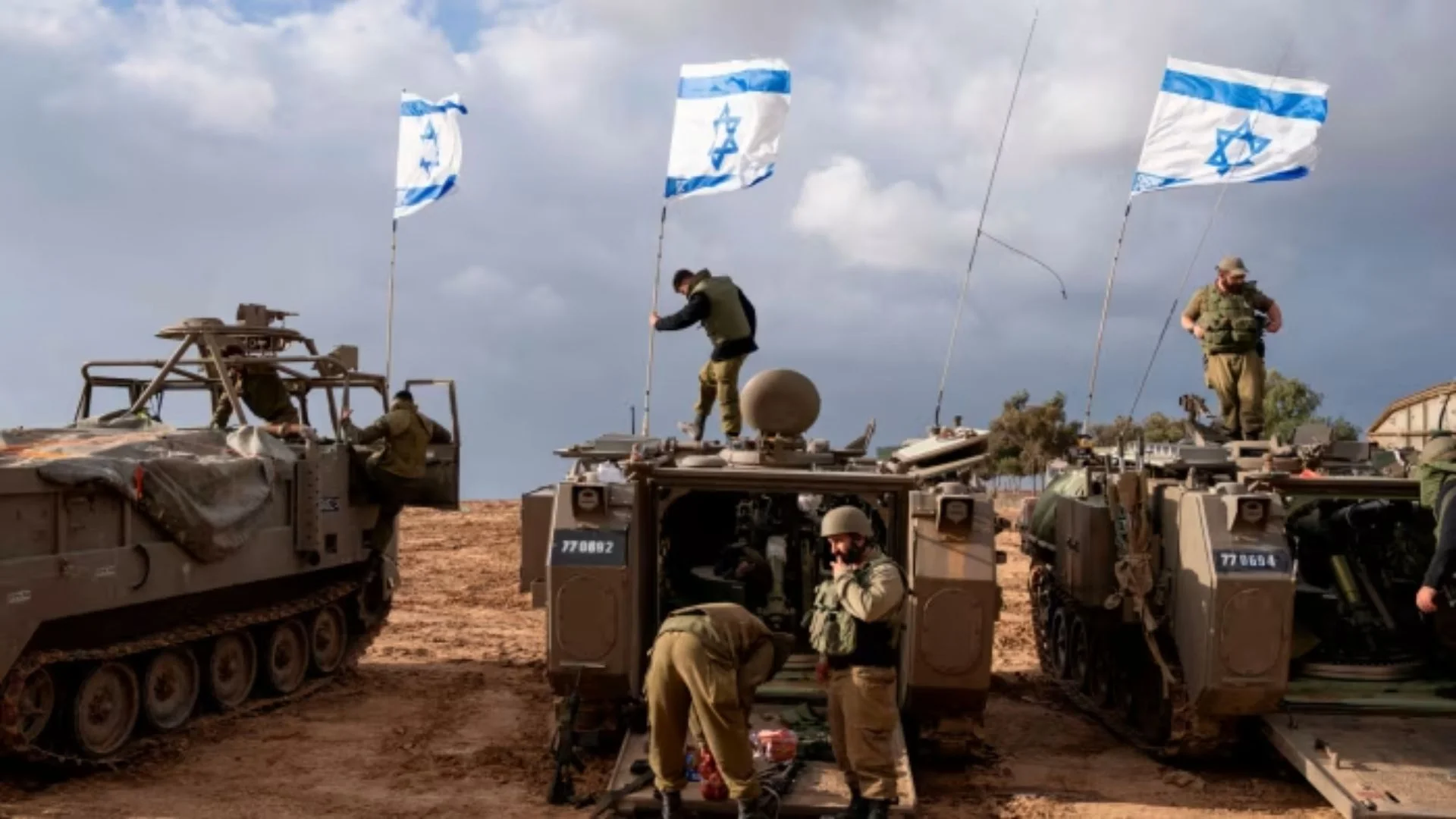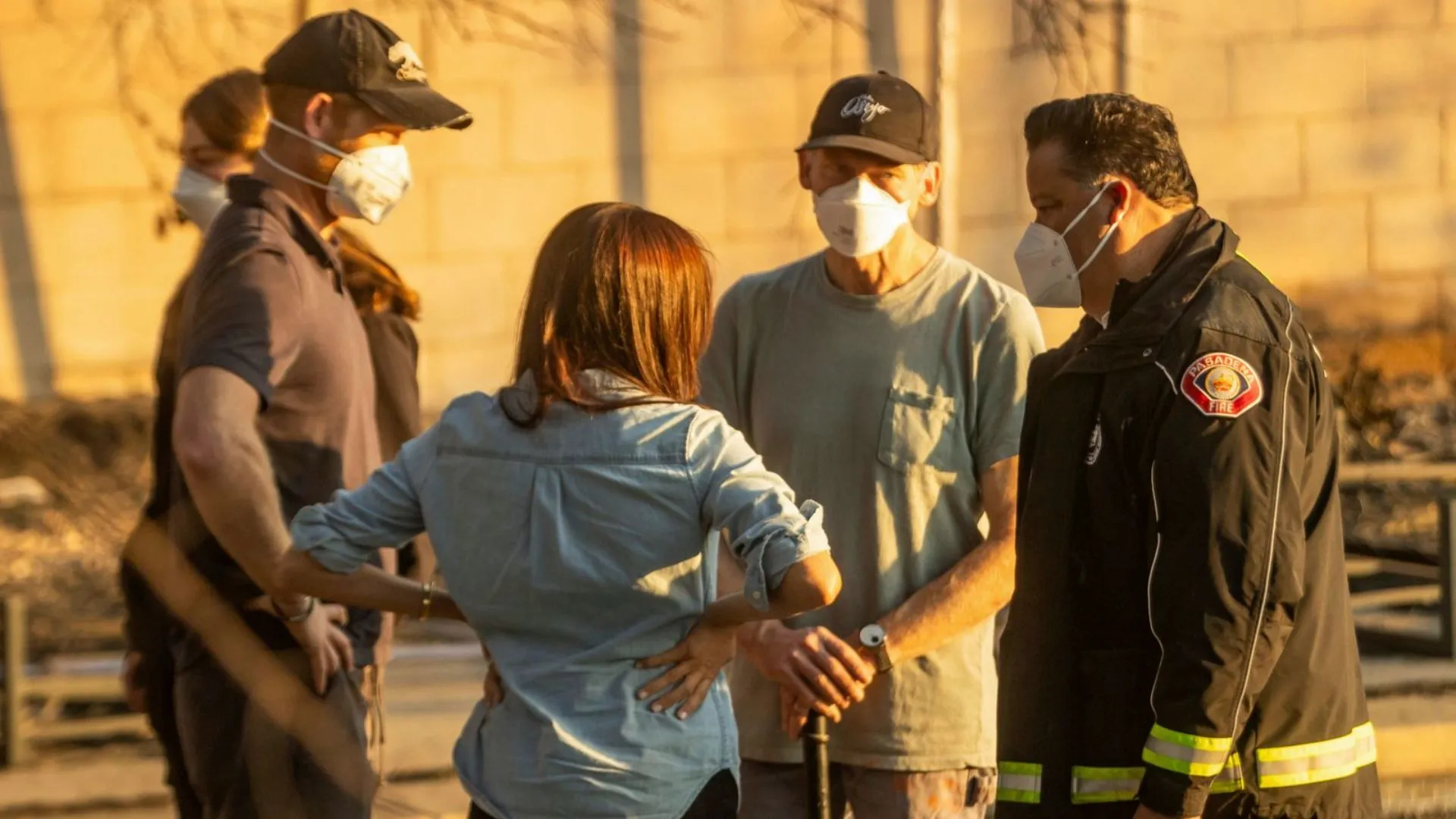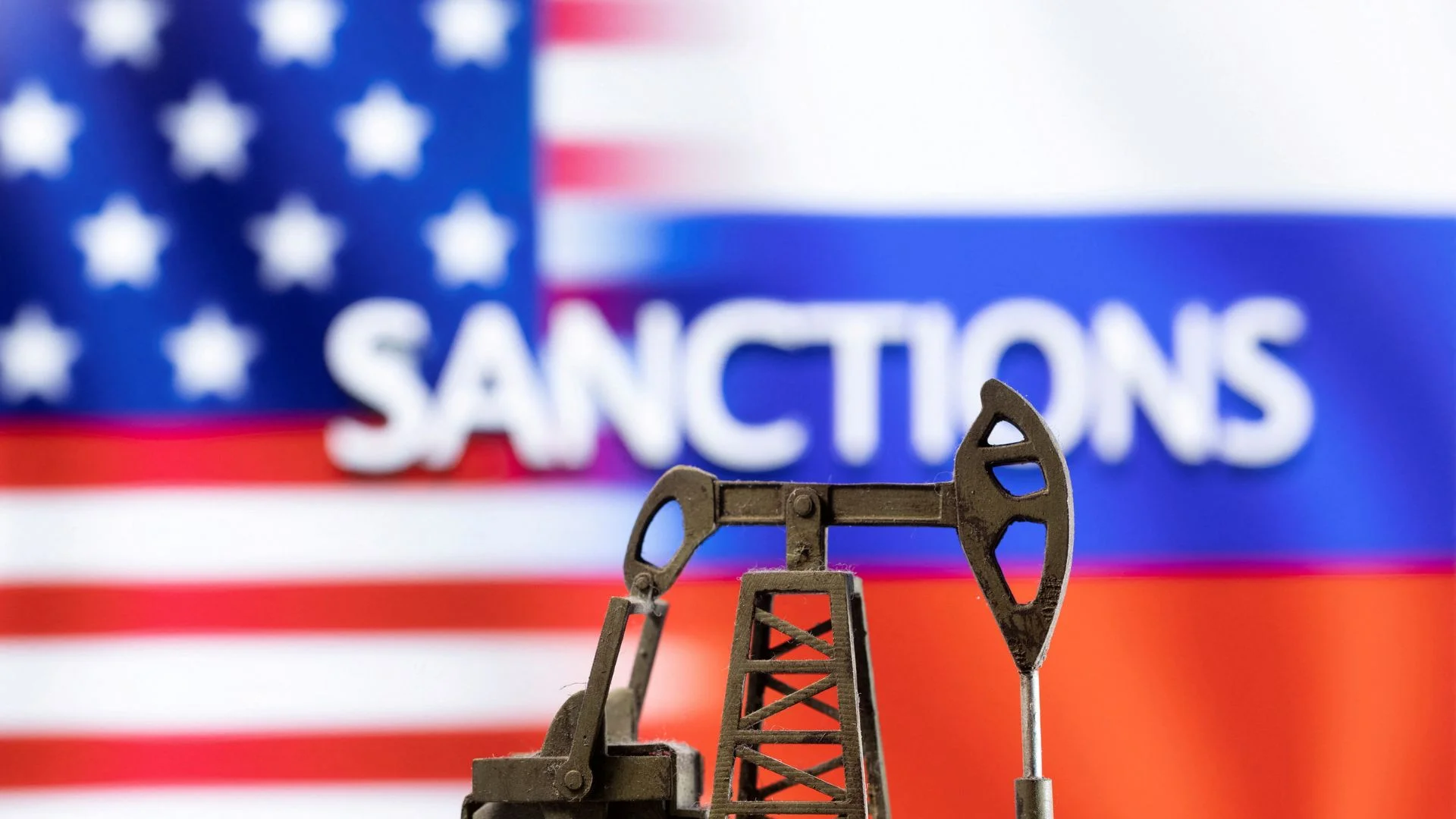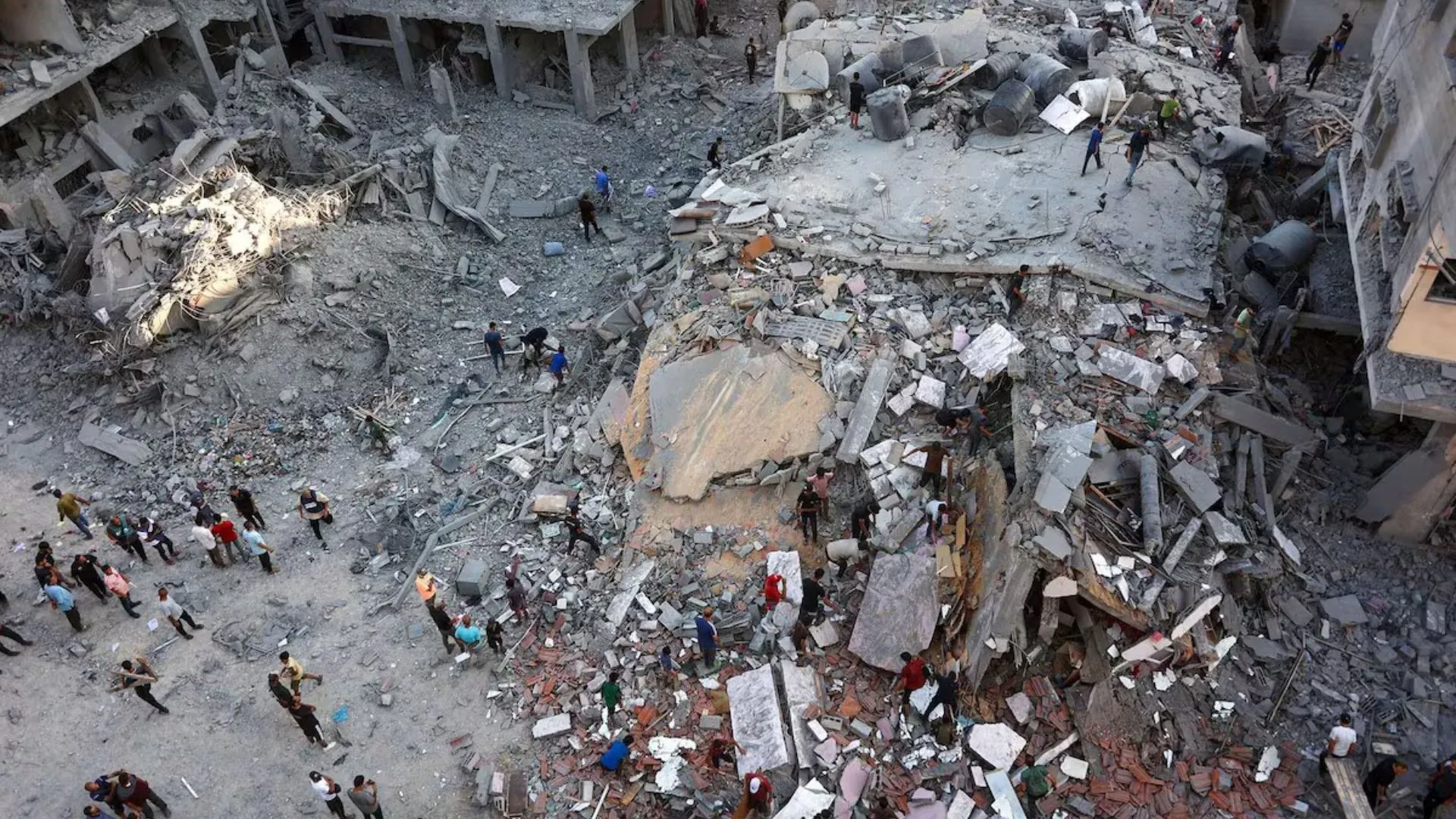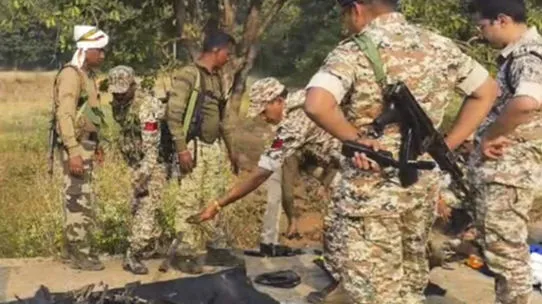For the first time, Hamas has reportedly agreed to two major Israeli demands during indirect negotiations mediated by Egypt and Qatar, facilitated by the United States, and bolstered by sustained Israeli military pressure.
Progress in Ceasefire Talks
Arab mediators informed The Wall Street Journal that Hamas has conceded to allow an Israeli military presence in key areas of Gaza and has provided a list of hostages it would release under a ceasefire deal. This comes as Egypt proposed a new ceasefire initiative backed by the United States, with additional support from both the outgoing Biden and incoming Trump administrations.
The proposal outlines a 60-day truce, during which Hamas would release hostages in exchange for Palestinian prisoners held by Israel. The mediators expressed optimism that the ceasefire could pave the way for a more lasting resolution.
Details of Hamas Concessions
Hamas agreed to Israeli Prime Minister Benjamin Netanyahu’s demands, allowing Israel to maintain control over the Philadelphi Corridor along the Egypt-Gaza border and the Netzarim Corridor, which bisects Gaza. These measures would enable monitoring of displaced Palestinians returning north from southern Gaza. Additionally, Hamas accepted relinquishing control over the Rafah border crossing with Egypt.
The list of hostages provided by Hamas includes U.S. citizens among the remaining 100 individuals held in Gaza. Of the 251 hostages taken during the October 7 attack, approximately 100 were released in a previous ceasefire, and eight were rescued by Israeli forces. Around one-third of the remaining hostages are believed to be deceased.
Ceasefire Proposal
The proposed deal, unlike prior initiatives, does not mark the formal end of hostilities but focuses on an extended truce. It aims to create conditions that make resumption of large-scale conflict unlikely. Humanitarian hostages, including women, children, the sick, and the elderly, would be prioritized for release in the initial stages.
As a reciprocal gesture, Israel would release an unspecified number of Palestinian prisoners and increase the flow of humanitarian aid into Gaza once the hostages are freed. Mediators expressed hopes that the first group of hostages could be released within days.
This development signals a potential turning point in the protracted conflict, raising cautious optimism for a more stable resolution in the region.

